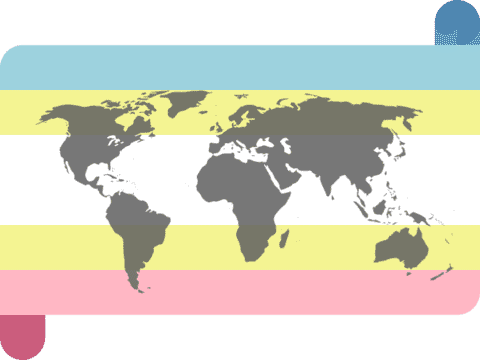POCD
Information and resources for those struggling with Pedophilia OCD
Please be aware that you are likely to encounter stigmatizing language and inaccurate information about MAPs while researching topics related to POCD.
What is POCD?
POCD stands for Pedophilia Obsessive-Compulsive Disorder, which is a form of OCD characterized by intrusive thoughts about pedophilia or child sexual abuse.
Symptoms
Obsessions
Intrusive sexual thoughts or feelings around children
Belief that past experiences were indicative of being a pedophile
Worrying that affection felt towards a child is actually sexual attraction
Fear of having harmed a child in the past or doing so in the future
Compulsions
Searching for forgotten memories of sexually abusing a child
Avoiding proximity to children or images involving children
Checking body for signs of arousal when thinking about children
Seeking reassurance from others or online information
These are just examples of possible POCD symptoms. Your symptoms may differ.
Treatment
Therapy is the best way to learn to manage POCD and the other mental health issues it can cause. Like other forms of OCD, POCD can become more severe over time, so seeking support early is advisable. It is recommended that individuals who struggle with POCD find a mental health professional who specializes in OCD and reach out anonymously to ensure they are able and willing to treat POCD.
Reassurance-Seeking
Individuals with POCD often compulsively research pedophilia in an effort to convince themselves that they do not fit the definition. They may also tell friends and family members about their symptoms in hopes of receiving reassurance that they are not a pedophile. However, this is an unhealthy coping mechanism that can result in heightened anxiety and other symptoms in the long term.

